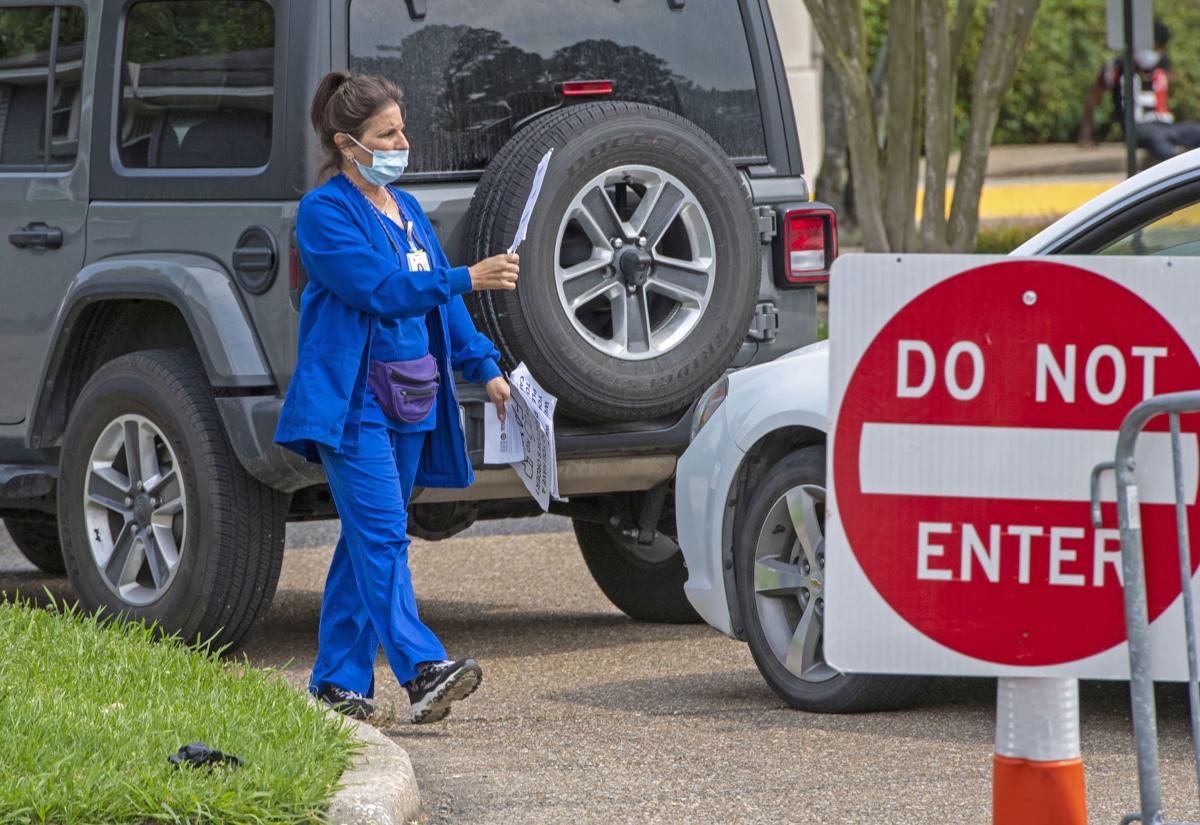 (Photo Credit: The Advocate)
(Photo Credit: The Advocate)
Published: May 13, 2020
By: Kathleen Peppo, LSU Manship School News Service
Republican Louisiana legislators said this week that many of their constituents are uneasy about contact tracing, a key tool in the state’s COVID-19 recovery plan to determine who has been in contact with someone who tests positive for the virus so they can quarantine and prevent further spread.
As Louisiana residents have become eager to return to work and see economic revival, Gov. John Bel Edwards has announced what he sees as a reopening plan based on advice from health experts and White House guidelines. The plan includes ramping up the state’s COVID-19 testing and contact-tracing capacities to enter the first phase of reopening on Friday.
Under President Donald Trump’s guidelines, contact tracing is crucial to reviving the economy while continuing to protect public health and safety, and a bill passed by Congress requires states to submit plans for testing and tracing to receive federal funds to pay for them.
National epidemiology experts say that no state can reopen safely without contact tracing to keep the virus from spreading again.
Rep. Raymond Crews, R-Bossier City, said his constituents have expressed discomfort with the idea.
“A lot of people are very reluctant to embrace the idea of contact tracing,” Crews said at a hearing. “We don’t know the extent of it. We don’t even know if there will be repercussions for people who choose not to answer the questions or isolate. There are no answers to my questions, so I’m very reluctant to embrace any idea for financing this stuff if we don’t even know what the plan is.”
“There are still states’ rights, and a lot of people here in Louisiana put a big premium on liberty,” Crews said.
Rep. Jack McFarland, R-Jonesboro, spoke of a similar reaction among residents of his district.
“My phone rang off the hook this weekend with calls about this contact tracing,” McFarland said Monday.
Edwards said the state will have the capability to administer 200,000 tests a month for COVID-19. It also has created a group of 250 people to begin making contact-tracing phone calls Friday. This gives the state the capacity to make over 700 calls in four weeks.
Read more at The Advocate.